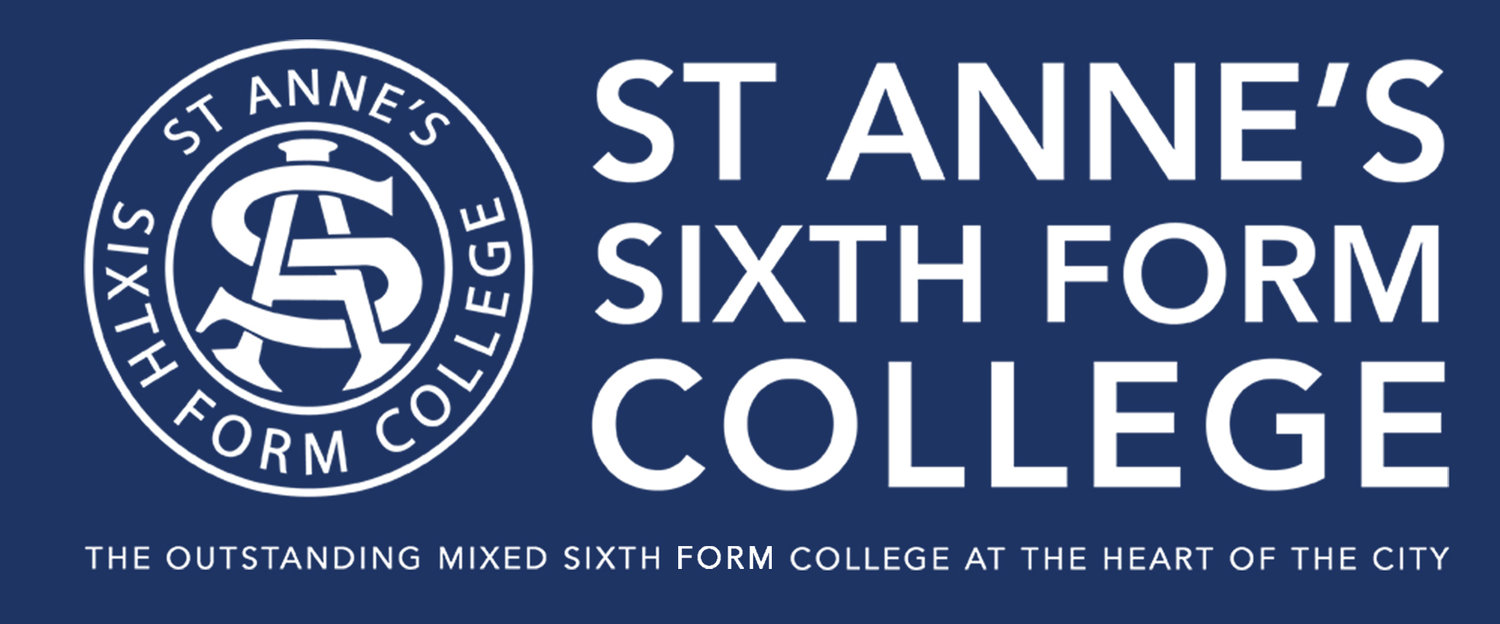English Language
English is all around us, wherever we are in the world. Studying English language allows the opportunity to explore features of interest from what we hear, read and say every day.
Entry Requirements
6 in GCSE English language or literature.
Assessment
Assessment is through two examination papers – each two and a half hours long – plus a non-exam assessment of three pieces of writing, totalling 3,500 words. In the non-exam assessment you will have a chance to choose a research topic and an original writing piece that interest you.
BEYOND SIXTH FORM
English language is in itself a possible university choice but the A Level is a qualification that is welcomed by many subject areas for university studies and is often appreciated by employers.
The A-level in English Language offers opportunities to develop and build on expertise gained at GCSE by engaging creatively and critically with a wide range of texts and discourses. You will create texts and reflect critically on the processes of production, while analysing the texts produced by others. You will have the opportunity to pursue lines of enquiry, debate different views, and work independently to research aspects of language in use. Language is seen as a creative tool for expression and social connection, as well as for individual cognition. The study of language as a symbolic system used to assert power in society is also fundamental. This qualification also draws academic insights from a range of fields within the study of English language/linguistics, including sociolinguistics and discourse analysis.
The methods of analysis appropriate to the fields of English language/linguistics underpin all the elements of this subject, and these are applied to distinctive topic areas:
Language, the Individual and Society
This area of study focuses on individual and immediate social contexts for language. You will be introduced to methods of language analysis in order to explore concepts of audience, purpose, genre, mode and representation. It also consists of the study of children’s language development, exploring how children learn language and how they are able to understand and express themselves.
Language Diversity and Change
This component involves working outwards to consider larger-scale public discourses about change and variety, drawing on regional, ethnic, national and global Englishes. You will study the key concepts of audience, purpose, genre and mode and will explore language in its wider social, geographical and temporal contexts. You will explore processes of language change, and have opportunities to study social attitudes to, and debates about, language diversity and change.
Language in Action
There is scope for you to pursue your own independent lines of enquiry and topics for writing, with support, in the non-exam assessment. ‘Language in Action’, is by its very nature, synoptic, as it requires an ability to make connections across the course as a whole. Exposure to many different texts and discourses and a focus on aspects of textual variation will feed into the writing element of this component; study of all the different areas of language variation, change and acquisition, as well as attitudes to language, will enable you to choose a topic for the language investigation.
Exam Board - AQA

